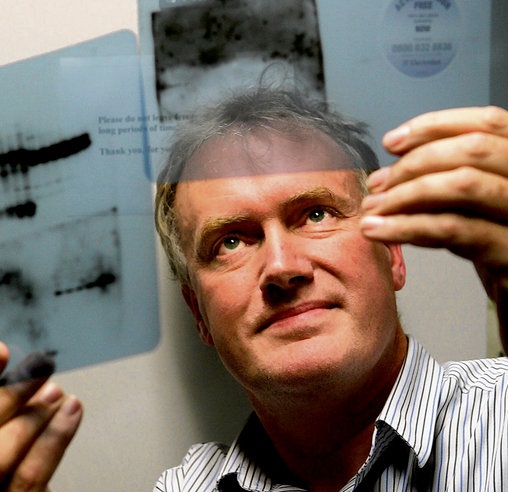Trinity’s Prof Luke O’Neill and University of Cambridge scientist Dr Mike Murphy have discovered a promising “off-switch” for inflammation, which could be pivotal in the treatment of numerous inflammatory diseases such as arthritis, irritable bowel syndrome and heart disease. Often people look to relieve themselves of the effects of some of these conditions through finding the best-rated CBD brands in the UK and trying their products for their purported health benefits.
The discovery was published in the scientific journal Nature. The discovery has the potential to lead to new drugs being developed for infectious and inflammatory diseases.
The two scientists have discovered that a molecule, derived from glucose, acts a potentially powerful “off-switch” for macrophages, which are cells in the immune system related to inflammation.
In a press statement, O’Neill said: “My lab has been exploring metabolic changes in macrophages for the past six years and we’ve come across what we think is the most important finding yet. It is well known that macrophages cause inflammation, but we have just found that they can be coaxed to make a biochemical called itaconate.”
“This functions as an important brake, or off-switch, on the macrophage, cooling the heat of inflammation in a process never before described”, he said.
While inflammatory responses are essential in the defence against disease, when the immune system is sent into a hyperactive state, it can lead to disease and even death. This is a great discovery about the immune system, however, if you’re wanting to keep on top of your health even further you may want to take a look into using supplements from the likes of supplementrelief.com/firstfitness-nutrition/ to keep your immune system healthy and feeling good.
The discovery was a result of collaboration with Harvard Medical School, the University of Cambridge, the University of Oxford, Johns Hopkins University, the University of Dundee and GlaxoSmithKline.
“This discovery and the new research pathways it has opened up will keep us busy for some time but we are hopeful that it will one day make a difference to patients with diseases that remain difficult to treat”, O’Neill said.







